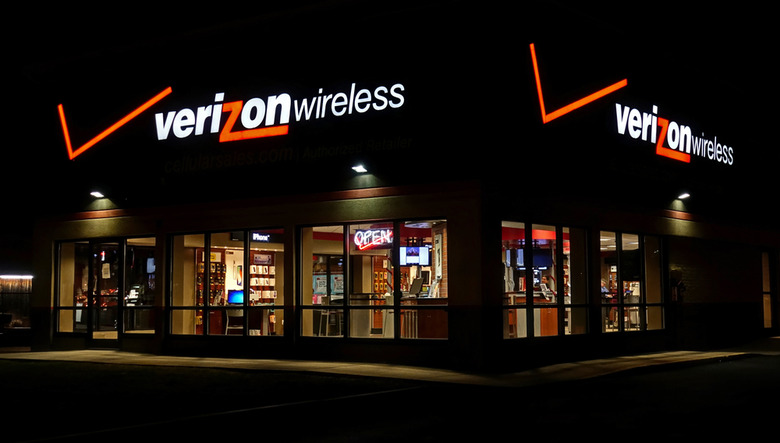Verizon's '5G' Home Broadband Will Launch October 1st, Cost $50
The 5G hype machine has been pumping out hot air for the last two years, but with promised launch dates just months away, we're just starting to see some real action. Verizon is rushing to do the billion-dollar version of writing "First!" on a YouTube video comments section, and has announced an official launch date for its fixed 5G home broadband product in a handful of cities.
The service, which will cost $50 for Verizon wireless customers or $70 for others, should deliver home internet speeds between 300Mbps and 1Gbps. That's an impressive achievement — getting those kinds of speeds without a coaxial or fiber cable is a significant breakthough — but it's important to note that this is just a stepping stone to 5G, not the whole puzzle.
Strictly speaking, Verizon's fixed home broadband isn't 5G at all. There is a technical specification, agreed upon internationally, for how 5G networks will operate. Since those specifications were only finalized recently, Verizon isn't using them for its home 5G product. Instead, it's using a proprietary standard, and only Verizon-procured equipment can send or receive a signal. The only reason it's called 5G at all is because it's using millimeter-wave spectrum, which is one of the defining characteristics of the upcoming nationwide 5G networks.
With all of that in mind, this is still a major announcement. After years of hype, customers in Houston, Indianapolis, Los Angeles, and Sacramento can begin to register for the service starting Thursday morning. Verizon is creating a website where you can enter your address and see if you're going to have coverage. Although multiple companies have been trialling similar solutions for years, this is the first time that a service provider is opening up registration to the public.
Verizon has said that there's no data cap on this service, which is the best piece of news. Some people have suggested that a shift to wireless home internet would see service providers taking the opportunity to add data caps to home broadband — so unlike internet companies, I know — but Verizon seems to be steering clear of that for now. One question is what the real-world speeds will look like, and whether the network gets congested at peak times.
